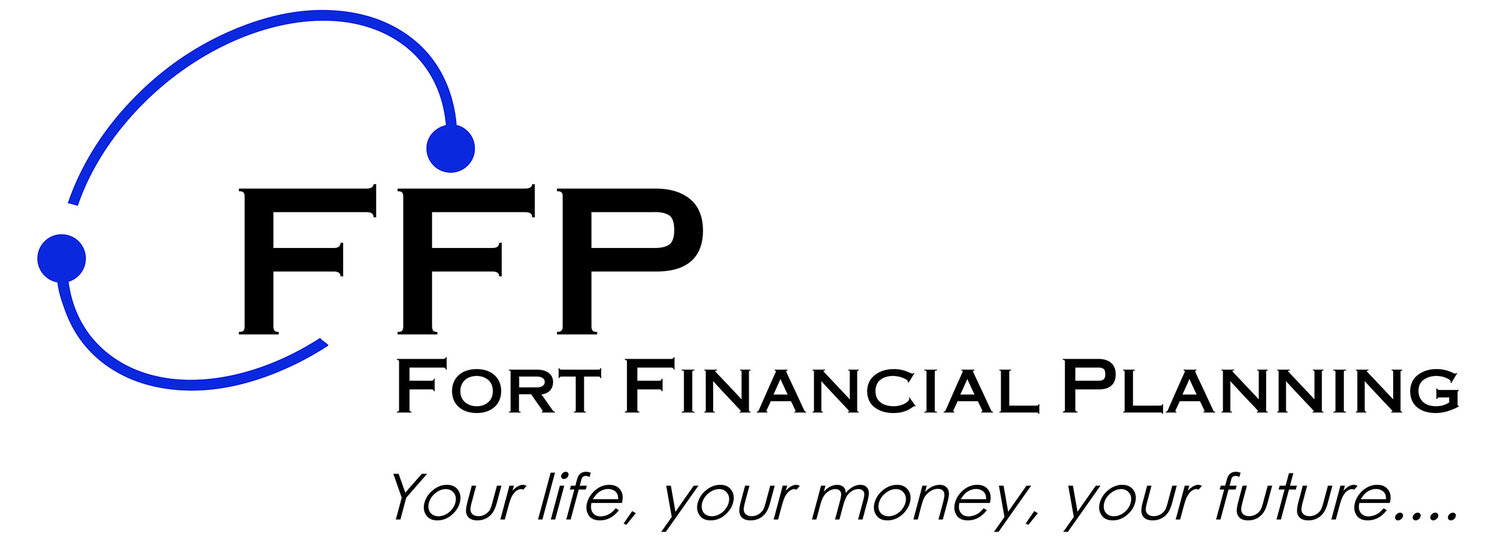Preparing for Retirement
Written by Mark Salter
Retirement is a significant milestone that marks the transition from a career-focused life to one of leisure and personal fulfilment. However, preparing for retirement involves more than just financial planning; it also requires emotional readiness. As a certified financial planner, I’ve seen firsthand how a holistic approach can make this transition smoother and more enjoyable. Here are some top tips to help you prepare for retirement both emotionally and financially.
Start Early and Save Consistently
The earlier you start saving for retirement, the more time your investments have to grow. Consistent contributions to workplace pensions, personal pensions and ISAs, can significantly enhance your financial security. Take advantage of employer matching contributions if available.
Diversify Your Investments
Diversification is key to managing risk. Spread your investments across various asset classes, such as stocks, bonds, and property, to protect against market volatility. Ensure you’re taking a level of risk you’re comfortable with but also one that gives you the best chance of achieving your retirement plans based on your timeframe and without the unnecessary risk of de-railing your plans to retire.
Create a Retirement Budget
Estimate your retirement expenses, including housing, utilities, food, travel, and leisure activities. Compare these expenses to your expected income from pensions and investments. A detailed budget helps ensure you can maintain your desired lifestyle.
Check your State Pension
Visit www.gov.uk or apply for a state pension forecast to check when you’ll be entitled to receive your state pension and whether you’ve got the full pension or you need to make additional National Insurance contributions to increase it.
Review and Adjust Your Plan Regularly
Life circumstances and financial markets change. Regularly review your retirement plan with your financial planner to make necessary adjustments. This ensures your plan remains aligned with your goals and current financial situation.
Visualize Your Retirement Lifestyle
Think about how you want to spend your retirement years. Whether it’s traveling, pursuing hobbies, or spending time with family, having a clear vision helps you set realistic goals and stay motivated.
Stay Active and Engaged
Retirement can sometimes lead to feelings of isolation or boredom. Stay active by engaging in physical activities, volunteering, or joining clubs. Staying socially connected and physically active contributes to overall well-being.
Develop New Hobbies and Interests
Retirement is an excellent time to explore new hobbies or interests that you didn’t have time for during your working years. Whether it’s learning a new skill, gardening, or painting, finding new passions can bring joy and fulfilment.
Maintain a Routine
While retirement offers more freedom, maintaining a routine can provide structure and purpose. Establishing a daily schedule that includes exercise, social activities, and personal projects can help you stay productive and satisfied.
Seek Support and Guidance
Transitioning to retirement can be challenging. Don’t hesitate to seek support from friends, family, or professionals. Sharing your experiences and concerns can help you navigate this new phase of life more smoothly.
Preparing for retirement is a multifaceted process that requires both financial foresight and emotional readiness. As a certified financial planner, I encourage you to take a holistic approach to retirement planning, embracing both the financial and emotional aspects to achieve a well-rounded and satisfying retirement.
November 2024

